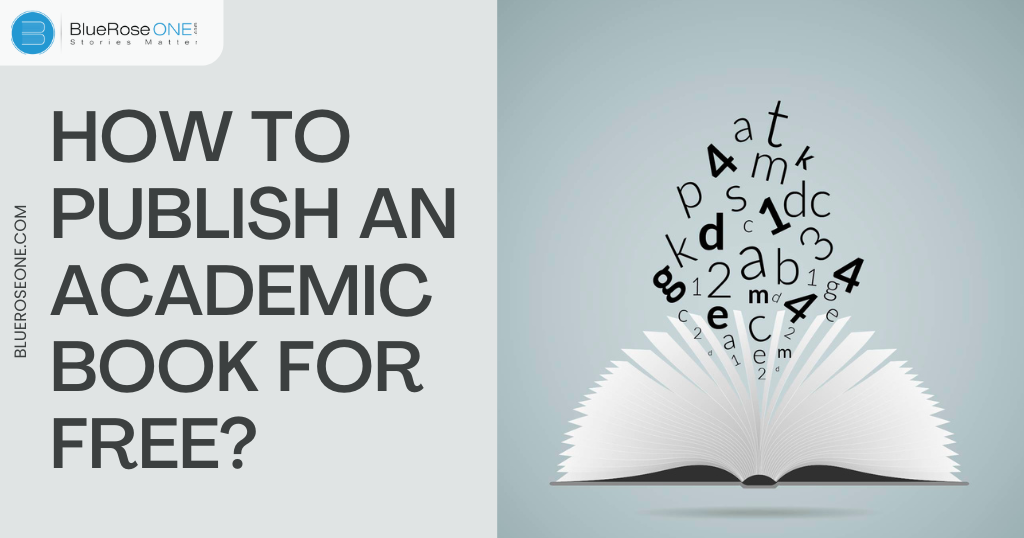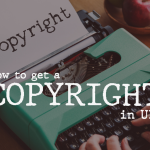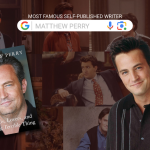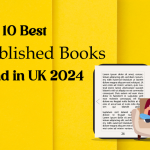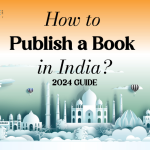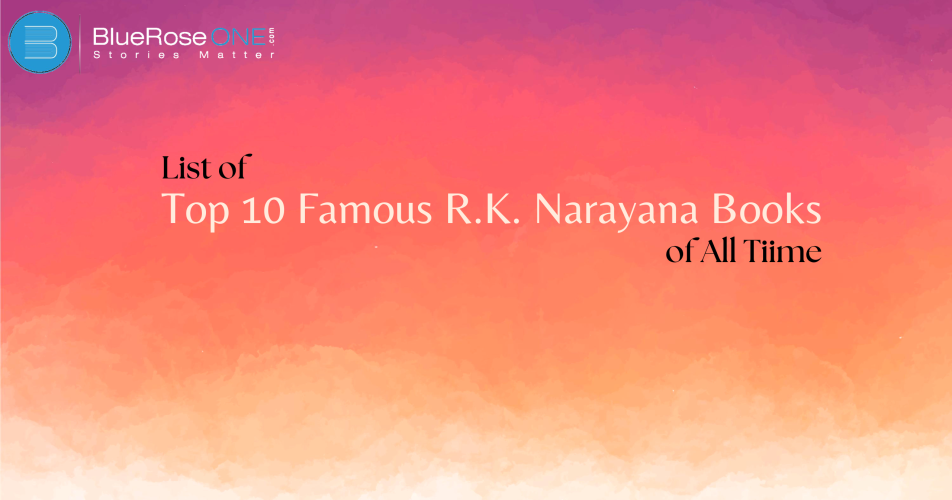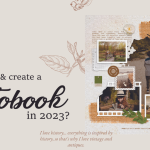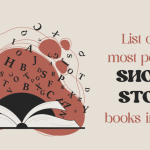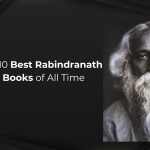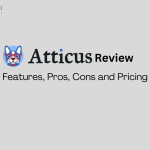Looking to self publish an academic book for free? Textbooks, reference materials, scientific and popular articles and essays, conference papers, official reports, and theses must all be read while learning. In other words, the texts you read are from many genres.
Being aware of genres will help you grasp and interpret a piece.
Genre is also an important idea to consider when writing; look for inspiration in the books you’ve read. When writing a term paper, bachelor’s thesis, or home examination, the text should be more like to an article than a textbook chapter.
That is, rather than simply presenting facts, the writing should contain arguments and discussion.
Literary and non-fiction genres are taught in school. Within non-fiction, there are academic and non-scholarly genres. Journalistic literature, such as editorials and news stories, are non-scholarly examples. The sections that follow define and outline the characteristics of several academic writing genres.
Some of the academic genres are:
- Textbooks
A textbook is intended to provide known knowledge to students of a specific subject. It gives a comprehensive overview of the subject as well as specific difficulties, concepts, and theories. A textbook delivers information and discusses how it has been and may be applied. It educates and informs. Although a textbook may incorporate discussion and reasoning, its primary goal is to present existing perspectives on the subject rather than to argue for or against specific positions. - Scholarly articles
A scholarly article’s objective is to present new knowledge or to offer new views on an academic or scientific subject or object. Other academics are the intended audience. A scholarly article is an argumentative piece. It asserts that something is real or likely true and gives evidence to support the assertion. As a result, an academic essay must provide thorough and coherent argumentation. The logic must be supported by references to empirical facts or other studies. Scholarly paper authors should employ recognized research methods and describe them. - Thesis
A thesis is a significant piece of scholarly work. Thesis are regularly assembled from existing (published) publications in some subjects (particularly medicine and the natural sciences). The thesis will then include an introduction that outlines how the various articles link to the thesis’s overarching theme.
Most theses in other subjects (particularly the humanities and social sciences) are monographs, or a continuous document separated into chapters. A thesis, in either scenario, is similar to a scholarly research paper in that it exposes fresh knowledge to other professionals in the subject, makes arguments, and is thoroughly substantiated. This is the type of text you should aim for when writing a master’s thesis. - Non-Scholarly Work
Non-Scholarly Work, whether books or articles, are meant to convey established information to the “public reader.” Because such works do not seek to establish new knowledge or question accepted truths, they usually contain less reasoning than scholarly texts. Instead, the author use methods such as stories, anecdotes, and drawings to bring the subject to life. Sometimes the entire text is written as a narrative, such as a biography of a famous expert or a recounting of historical events. - Encyclopedias
An encyclopedia article’s objective is to communicate known knowledge in a neutral, brief, and straightforward manner. The intended audience is typically broad readers as well as specialists, while scholarly encyclopedias require the reader to have professional expertise. Encyclopedia entries are generally not meant to persuade the reader through reasoned argument, and they do not clarify or instruct in the same way that a textbook might.
Encyclopedia entries are primarily designed to be useful and descriptive. They give data, clarify vocabulary and concepts, and depict pertinent situations.
Read: See complete difference between fiction & nonfiction genres.

What to keep in mind while publishing an Academic Book?
Academic is a peculiar category; writing an academic book needs a lot of research and rounds of re-reading.
Here are few points that you should keep in mind while writing your manuscript for publishing:
- Write Clearly
DO state exactly what you mean and mean exactly what you say. Every paper is a condensed version of a series of smaller messages that can be said to unravel this complication. You must make it apparent that you are navigating this intricacy for the reader.
Throughout, clarity is the watchword. Abstracts that are well written, an attention-grabbing starting sentence in the introduction, uncluttered figures, and detailed figure legends are all important.
DON’T make the assumption that the reader is as knowledgeable about the subject as you are. People will abandon your article if it has too much jargon and hidden assumptions, fails to apply modern data visualization approaches, and conceals key ideas by inverting the logical order or burying them in the results. - Your editors are you backbone
DO EVERYTHING you can to work with an excellent editor. Because the publishing sector is volatile, exceptional editors relocate to places where they can be creative and intellectually inventive. Take their lead.
A terrific commissioning editor can completely transform your life. DO NOT TOLERATE poor sub-editing.
To keep your sanity, request that the sub-editor focus on a single chapter rather than the entire manuscript and return it to you. You can then assess their editing technique and how it corresponds with your book’s aims. - Put your work in context
Do make it abundantly clear where your work fits in respect to others right away. It is critical that all journals – and, indeed, all readers – comprehend the work’s utility and purpose as part of a larger communal intellectual enterprise. DON’T get caught up in minor minutiae. When we spend a significant amount of time on parts of research, the temptation is to translate this into word count in the final article. - Take the final editing in your hands
Do edit as much as possible. Begin with a title; write the simple things first, then work your way around to the harder bits. Edit constantly. You’re mistaken if you think your first draught is excellent. Editing allows you to understand what you truly believe. DO NOT BE AFRAID OF FAILURE. Playing it safe is simple, as is pursuing popular themes.
However, ideas are cheap, and the majority of them are incorrect.
You have to test a lot of them before you locate the good ones. Don’t be too attached to yours or worried that someone will steal it. They most likely will not. - Do a thorough research
After your manuscript is ready to put out for people to read, search for self publishing houses that have a history with publishing academic books. It will help you understand the strength of their base in the particular category. Check their packages while keeping in mind your budget and what all services you’d require. - Compare pros and cons
Each self publishing house will have something you’d like and something you’d not, make sure to weight all the possibilities and possible scenarios before you choose the suitable publishing house for you. - Trust the process and coordinate with the team
Discuss everything with them, then sign a contract to start the process. Keep up with the process and enjoy the thrill of becoming a self published author. Make sure you understand what you need on your cover page, your book’s genres, and who your target audience will be. Make an attempt to be a good sport as a client/author, and keep your project team members motivated as well.
Read: Self publish your first book using BlueRoseONE DIY platform..
We as well self publish in many regional languages like Punjabi, Tamil, Telugu, Malayalam, Marathi, Bengali, and many more.
You can get in touch with us with your queries and your manuscripts. We will be over joyed to help you become an self published author – just like you dreamed
I hope you found this article helpful. And don’t forget to comment below your favorite academic book. Feel free to visit our website or give us a call on +91-8882 898 898.

